Since the early 2000s, social media management has been key to the success of many businesses as they grow their market share. These businesses include everything from consumer goods and home services to finance and government. Despite 20 years of proven success, social media is one of the most underutilized marketing strategies in industries like manufacturing. This is, in part, due to concerns about how long it takes for social media to produce ROI, and what the opportunity cost of this strategy might be. In this blog, we will dispel rumors that social media marketing is frivolous and explore how your industrial B2B business can use social media to benefit your bottom line.
How do you create a social media ROI?
As a digital marketing agency, we recommend taking a systematic approach to creating social media ROI. Here’s our step-by-step guide to help you measure the effectiveness of your campaigns:
- Set a goal: Define specific and measurable goals for all social media campaigns, organic or paid.
- Identify Key Performance Indicators (KPIs): Determine which metrics will help you best understand the success of your campaign, and which metrics do not. While all metrics are helpful, the goal of your campaign determines which measurements to weigh heavily.
- Assign Value: If your goals revolve around metrics that don’t directly translate to revenue, like brand awareness, assign a monetary value to them. This will help quantify the impact and justify your investment in social media.
- Create Comprehensive Campaigns for your Marketing Machine: A good social media campaign can revolutionize your lead generation process. Develop a robust campaign that integrates multiple elements of your marketing strategy.
- Measure Relevant Data: Use the social media analytics provided by your platform of choice to track performance. Just remember, some metrics will serve you better than others or each campaign type.
- Calculate ROI: To calculate your return on investment, use the formula: ROI = (Return – Investment) / Investment * 100. Just remember to consider items outside of the ad spend for the campaign, such as content creation and staff time.
- Refine and Repeat: If you don’t reach the goals of your social media strategy on the first try, don’t give up! Regular evaluation and improvement will help you adapt your approach and reach the right audience. We also recommend implementing automated A/B testing in social media ads to see what will drive better results.
By following this step-by-step guide, you can gain invaluable insights into the ROI of social media efforts and ultimately drive higher social media ROI over time. Social media ROI is not a one-time calculation, it’s a process!
To help you along in your social media journey, we’ve included a few commonly asked questions about social media strategies. Read on to learn more about goal setting, measuring social media ROI, and platform selection.
Get a better understanding of a great marketing strategy for your business.
How to Set Goals for a Social Media Campaign
Without a clear and appropriate goal in mind, it can be difficult to measure social media ROI. With the right time and attention dedicated to an organic campaign, you can increase your brand awareness and customer engagement. To take these goals a step further or pursue lead generation, consider investing in a paid social media campaign.
Why is it Difficult to Measure Social Media ROI?
No goal is set without a number in mind, but social media platforms come with several metrics for you to measure success. To select the most appropriate metrics to track, think back to the overarching goal of the campaign. Are you focusing on brand awareness? Look at your campaign reach and engagement rates. For those looking to generate leads through paid social media campaigns, consider your campaign’s click-through rate (CTR).
A word to the wise: Social media strategy comes with many benefits for your business, but some benefits can’t be measured through automated reporting platforms. Things like brand sentiment, loyalty, and word-of-mouth will need to be monitored by a social media agency!
Which Social Media has the Highest ROI?
The frustrating through about determining which platform to leverage for your social media management is that it depends. This answer holds true because different social media platforms attract different audiences, so each platform creates its own niche for you to explore. While your next lead could, in theory, come from anywhere, there are a few rules of thumb you can follow to see what platforms will best serve your business.
Social Media for B2B Brands (Manufacturers, Financial Institutions, etc.)
B2B companies can rely heavily on LinkedIn’s organic and paid social media capabilities. LinkedIn is an ideal space for professional networking, which allows you to connect with decision-makers directly through social selling. You can also use this platform to establish your business as a thought leader, recruit new talent, and keep up with industry news. For those interested in lead generation campaigns, LinkedIn marketing is an obvious choice as it allows you to target your ads based on the job titles of your target market.
While LinkedIn is a great platform, it’s important to think outside of the box. Manufacturers and other B2B businesses should leverage social media platforms like Facebook and Reddit as well. These platforms may already have thriving communities that discuss your niche or industry! Both platforms allow you to target ads based on the interests of your target audience.
The Best Social Media Platforms for B2C Companies

B2C companies, on the other hand, have many options for achieving high ROI through social media management. In the case of these companies, it will all come down to the demographics of your target audience, and where they spend time online.
Facebook has an extensive and diverse user base, and many ad formats to effectively reach them, but is most frequently used by people between the ages of 18 and 44. Still, platforms like Instagram and TikTok are growing with younger demographics and maybe a better choice for your brand.
Social Media Marketing for Nonprofits
Nonprofits, like B2C companies, can leverage several social media platforms to earn a high ROI. To do this, it’s important to tailor your content to suit each platform’s unique structure. For example, you can use LinkedIn to earn corporate support and sponsors, and Instagram to showcase your impact.
Still, Facebook is a consistently reliable platform for nonprofits. With a vast and diverse user base, Facebook helps connect nonprofit organizations with supporters through versatile ad formats. On Facebook, nonprofits can also create groups for their supporters, which foster community engagement.
Achieve a Higher Return on Investment
To truly harness the power of social media and boost your bottom line, you need to throw social media misconceptions out the window. When you use a systematic approach to your social media campaigns and leverage the data they give you, you can transform your business.
Of course, not every company has the time or expertise required to use social media for all that it’s worth. In those cases, consider working with a social media marketing agency like IQnection. At IQnection, we specialize in helping manufacturing businesses maximize their ROI through data-driven decision-making and content creation. To unlock the full potential of your social media management, contact IQnection today. Together, we’ll take your business to new heights.










